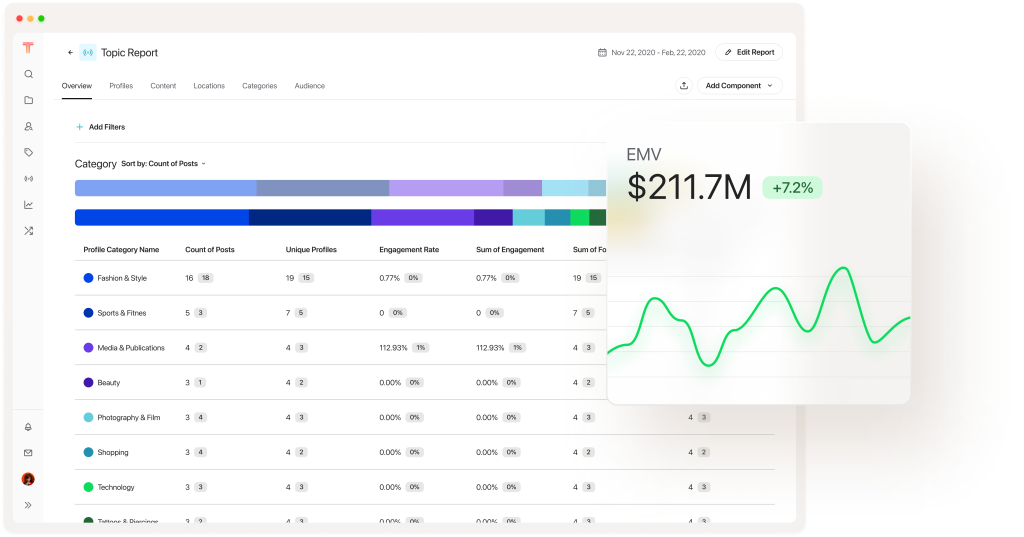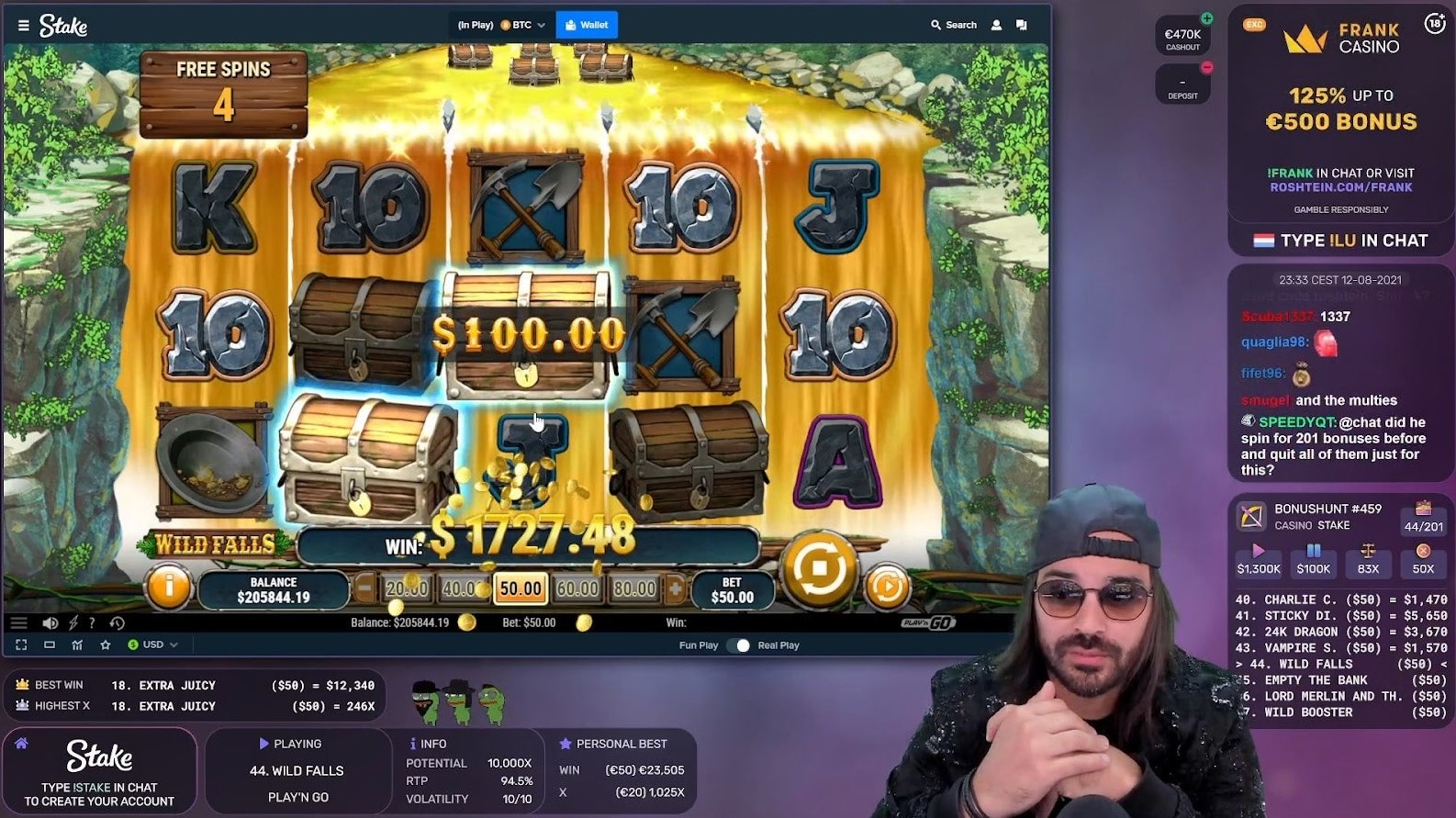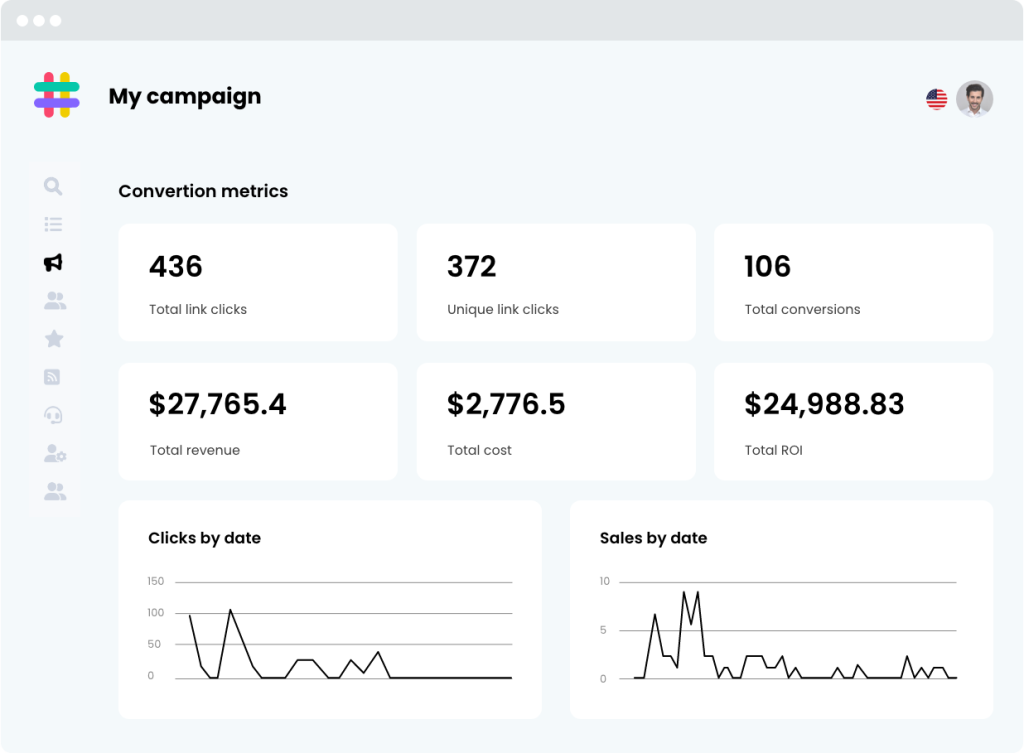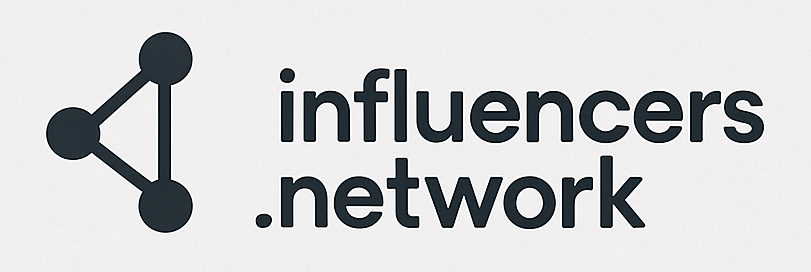Many iGaming marketers, have decided to start promoting their brands through influencers, but how can they reach them? How to understand which is hte best suit for a brand or product? The solution is accesing an Infliencer Database which can have +100.000 different influencers segmented through a wide range of topics, and countries.

What Is an Influencer Database and Why Does It Matter?
An influencer database is a specialized tool that helps brands identify and connect with the right creators to collaborate with. These platforms pull data from major social networks—such as Instagram, TikTok, or YouTube—and make it easier to match influencers with a brand’s goals and target audience.
What makes these databases so valuable is their ability to filter influencers by multiple factors—like audience demographics, niche, or location—so businesses can make informed decisions about who they partner with. Instead of manually browsing endless profiles, brands can quickly narrow down the best-fit creators.
Beyond discovery, many influencer databases also streamline outreach and communication, allowing both brands and influencers to manage collaborations in one place. This combination of efficiency and data-driven insights is why influencer databases have become an essential tool for modern marketing strategies.
The importance of a Casino & Sports Betting Influencers Database
When searching for content creators in the iGaming sector, an influencer database should provide highly specialized filters that go beyond generic demographics. Casino and sports betting audiences are tightly regulated and often segmented by region, so the database needs to allow detailed targeting based on location, language, age restrictions, and compliance factors. For example, a sports betting campaign in Spain requires influencers who not only speak Spanish but also comply with local gambling advertising regulations. Having the ability to filter by niche-specific categories such as sports betting tips, online casinos, poker streamers, or esports betting ensures that brands can identify influencers who already have credibility with the right type of audience.

Credibility of iGaming influencers directly connected to ROI
Equally important is the database’s ability to provide authentic audience and engagement insights. In iGaming, credibility is everything—users are cautious about who they trust. Platforms should therefore highlight metrics like engagement quality, audience interests, and fake follower detection, while also showing whether the influencer’s followers actively engage with betting- or casino-related content. Advanced performance data—such as historical campaign results, CTRs, or affiliate conversions—can make a huge difference when choosing the right partner. Ideally, the database should also integrate with outreach and affiliate management tools, allowing brands to track bonuses claimed, sign-ups, and deposits directly linked to each influencer, making ROI measurement straightforward and transparent.
What to Look For in an Influencer Database: Key Selection Criteria
An influencer database can make or break your influencer marketing campaigns. Choosing the right one depends on understanding which features truly add value. Here are the main aspects to evaluate:
1. Database Size and Diversity
A reliable database should offer a wide selection of influencers across industries, platforms, and regions. The bigger and more diverse the pool, the better the chances of finding creators whose style, values, and audiences align with your brand.
2. Advanced Filtering Options
Quantity alone isn’t enough. The best databases provide powerful filters so you can refine searches by follower count, engagement rate, audience demographics (age, gender, location), content category, or even past brand collaborations. Strong filtering tools save time and help ensure you’re only considering relevant profiles.

3. Audience and Performance Insights
High-quality platforms go beyond basic profile details—they provide verified data about influencer performance and audience authenticity. Look for insights like engagement quality, follower credibility, and audience interests. These analytics are key to predicting whether an influencer can deliver real results for your campaigns.
4. Integration With Outreach and Campaign Tools
Some influencer databases integrate seamlessly with outreach platforms, CRM systems, or reporting dashboards. This eliminates the need to juggle multiple tools and creates a smoother transition from discovery to campaign execution. If relationship management is part of your workflow, this feature can be a game-changer.

5. Ease of Use and Interface
Even the most feature-rich tool should be intuitive to use. A clean, user-friendly interface speeds up the discovery process and makes campaign planning more efficient. Whether you’re running quick campaigns or building long-term partnerships, usability matters.
6. Pricing and Access Models
Pricing can vary dramatically—ranging from free basic tools to enterprise-level platforms with annual contracts. The best solutions are transparent about their costs and offer flexible packages based on company size or needs. If you’re just starting out, look for platforms that allow trials or scalable plans before committing.
Influencer Database FAQ’s
Yes, Influencers Network offers +100.000 influencers within their database, but they have specialized on Casino & Sports Betting Influencers, making it the perfect tool to search for iGaming Influencers.
Yes, some influencer database platforms, such as Influencer Hero, also include features to manage affiliate marketing programs and broader partnership initiatives. Not every platform provides these tools, so it’s important to review the feature set of each option before making a decision.
Absolutely. A major benefit of influencer databases is their advanced filtering capabilities. You can refine searches by niche, audience demographics, interests, and more. This makes it easier to identify creators who align perfectly with your brand and campaign objectives.
Data accuracy varies by platform, but the top solutions perform well above average. Leading tools like Influencer Hero and Modash use real-time API integrations and AI-powered verification systems to deliver authentic, reliable insights. With added metrics such as engagement rates and fake follower detection, you can gain a clear picture of an influencer’s true reach and impact.
Yes. While each campaign is ultimately your decision, some platforms—like Influencer Hero—let you manually add influencers to their CRM by entering their email or social media handle. Not every platform supports this feature, so in some cases you’ll need to contact the influencer directly or work with the platform’s support team.
Many influencer databases go beyond discovery and include built-in campaign tracking tools. For example, Influencer Hero and Grin provide KPI dashboards and visual reports that let you monitor engagement, conversions, and ROI at a glance—giving you both high-level and detailed insights into your partnerships.
